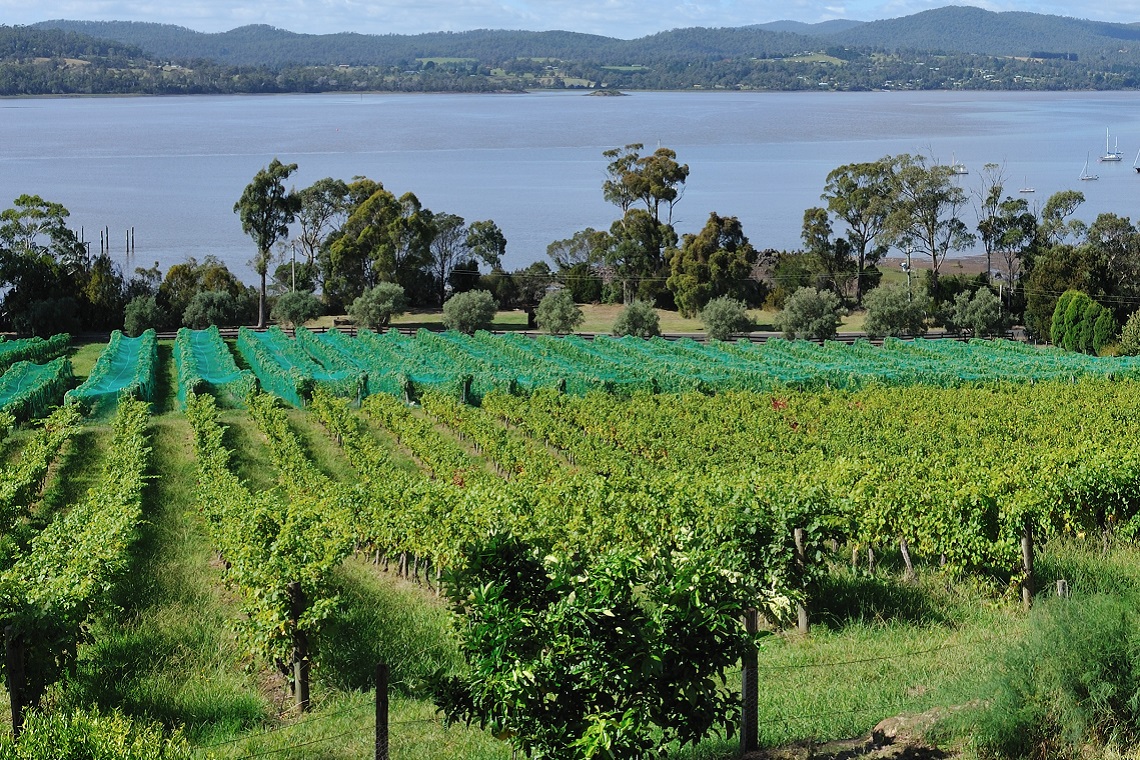A new report, commissioned by Wine Tasmania, has found that the state’s wine sector conservatively contributes more than $115m a year to the Tasmanian economy.
University of Queensland’s Economics Professor John Mangan analysed the wine sector’s contribution across agriculture (vineyards), manufacturing (wineries) and tourism (cellar doors and wine tourism expenditure by inbound visitors), and the result makes wine one of the state’s top 10 sectors.
As the wine sector encompasses these three key areas, its exact value has been difficult to estimate in the past and often the understated farmgate (vineyard) value only has been used to reference the sector’s contribution to the local economy.
Wine Tasmania Chief Executive, Sheralee Davies, welcomed the report’s finding, which she said more accurately captures the sector’s significant and growing contribution to the island’s economy.
“Most of the wine sector’s value is derived post the farmgate, and this report provides unprecedented insight into the substantial overall value of the Tasmanian wine sector to the state,” Davies said.
“It’s an exciting time of growth in the sector’s relative youth, as we continue to attract global interest in our wines and ever-increasing visitation to our cellar doors.”
As well revealing where the wine sector is currently sitting the report has also found that there is the potential to continue growing in terms of its contribution to Gross State Product (GSP) and in employment.
In breaking down the number, Professor Mangan’s report claims that operationally, the industry (collectively) injects approximately $100m annually into GSP and sustains 1839 Full Time Equivalent (FTE) positions. In addition, a further $15.2 million per annum is added to the GSP of Tasmania through wine related tourism, sustaining 224 additional FTE positions.
In terms of employment, the Tasmanian wine sector, via its operational expenditure and exogenous spending from interstate and overseas tourist, supports approximately 2063 FTE jobs.
The direct employment in the Tasmanian wine sector represents approximately 10 per cent of the total employment in the Agriculture, Forestry and Fishing sector in Tasmania.
Professor Mangan also said that the Tasmanian wine sector represents only a fraction of Australian production by volume but is a “differentiated product with promising growth potential”. Its level of investment is well above (in percentage terms) the Australian average and Tasmanian wines have a significantly higher average selling price.

